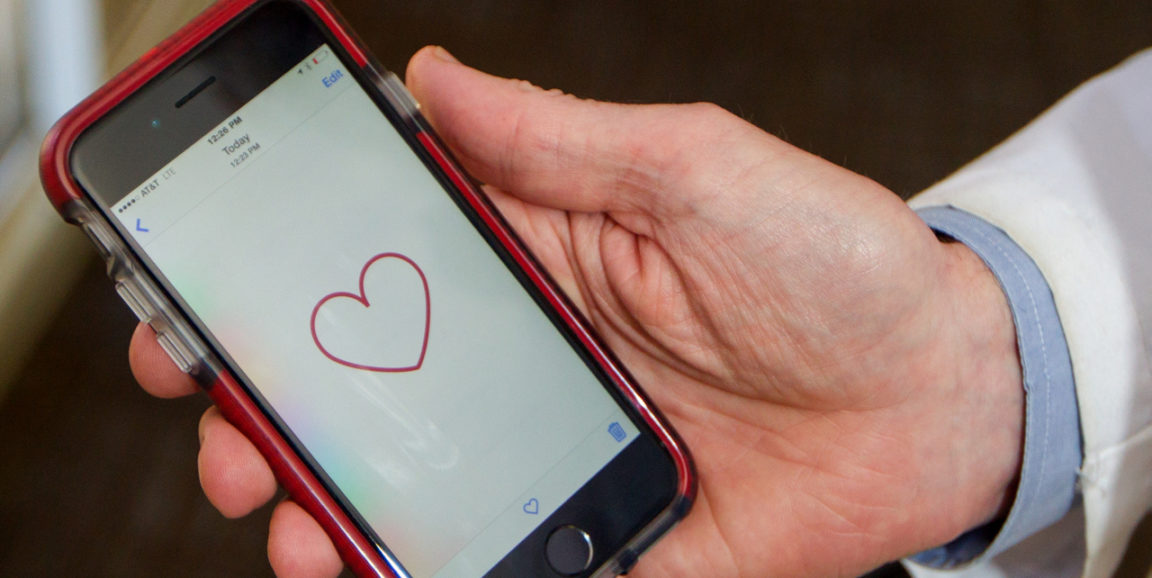Data from the heart-centered, app-based study MyHeart Counts is now open for research. Scientists, cardiovascular health researchers and data miners will be able to use the de-identified data from the study's 50,000 participants to probe new questions, spot trends and add to the health insights gleaned from the project, which is now in its third year.
Introduced in 2015, the MyHeart Counts study is a first-of-its-kind cardiovascular health investigation and tool. Powered by Apple's ResearchKit platform, the app enables users to track their physical activity, in context with other heart health-related parameters, such as blood pressure.
Now, de-identified information from the first six months of the study will be available through a new MyHeart Counts data hub. The information includes daily activity levels, blood pressure, heart rate, as well as information participants chose to enter into the app such as genomic information (obtained through external sequencing services), blood lipid levels or more.
"Our hope here is that the dataset will be widely used," said Steve Hershman, PhD, director of mHealth in cardiovascular medicine. "I think it offers a unique perspective into heart health and into people's activity profiles, their sleep patterns, to some extent, their diets and medical histories."
The data is open to any qualified researcher who agrees to the conditions for use (a series of pledges to act ethically in using the data). "We want it to be for academics, sure, but really we want it to be accessible to anyone with an interesting question - that could be a Professor of Computer Science from Florence or a high school student from Idaho," said Euan Ashley, MD, DPhil.
To access the portal, users must register through Synapse and fill out an application before getting the green light for data use.
A paper detailing the MyHeart Counts data and portal appears April 11 in Nature Scientific Data. Hershman is the first author of the study and Ashley is the senior author.
As part of the movement toward open access, big databases like MyHeart Counts are increasingly being made accessible to researchers not related to the study, Ashley said.
And it's not just the researchers who are excited about the idea.
"Almost all of the participants in MyHeart Counts chose the option to share their data widely, rather than just with Stanford researchers," said Ashley. "I think if participants are taking the time to join our study, they really want it to have the maximum benefit to health research and society."
Photo by Norbert von der Groeben




